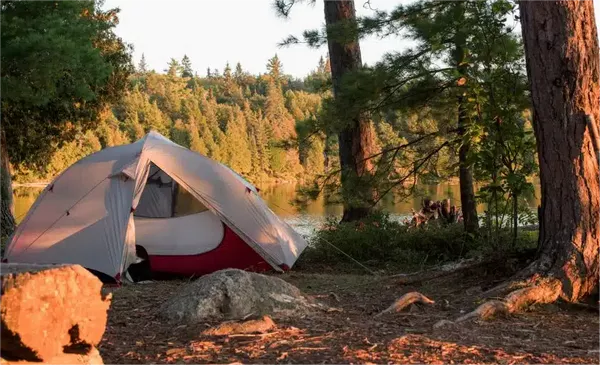Understanding the Supreme Court’s recent decision requires an overview of two key Ninth Circuit cases: Martin v. City of Boise and Johnson v. City of Grants Pass. In Martin, homeless individuals sued Boise, Idaho, after facing criminal charges for violating city ordinances banning public camping. The Ninth Circuit ruled that under the Eighth Amendment’s Cruel and Unusual Punishment Clause, it is unconstitutional to criminally penalize homeless individuals for sitting, sleeping, or lying on public property when they have no alternative shelter. Essentially, cities were barred from arresting homeless individuals for these actions if no shelter beds were available within the city.
The Johnson case involved two camping regulations in Grants Pass, Oregon. The first allowed public sleeping but banned the use of bedding or sleeping bags. Grants Pass argued that Martin only prohibited bans on sleeping itself, not on using bedding. The Ninth Circuit disagreed, stating that “sleeping” implicitly includes basic protection from the elements. The second regulation allowed for civil penalties that could escalate to criminal charges, which the Ninth Circuit also found unconstitutional, aligning civil penalties with criminal punishments as prohibited by Martin.
In January 2024, the Supreme Court agreed to review the Johnson case, with oral arguments held in April.
Supreme Court Decision
Justice Neil Gorsuch wrote the majority opinion, joined by Justices Thomas, Alito, Kavanaugh, Barrett, and Chief Justice Roberts. The central issue was whether the Eighth Amendment’s Cruel and Unusual Punishments Clause prohibits enforcing public camping laws. The Court ruled it does not.
The Court clarified that the Eighth Amendment was intended to prevent punishments that are excessively harsh or have fallen out of common use, not to dictate whether certain behaviors can be criminalized. Grants Pass’s system of civil fines and escalating to limited jail time was deemed not “cruel and unusual” since similar frameworks are common across U.S. municipalities.
The Court also rejected the Ninth Circuit’s interpretation that camping ordinances criminalize homelessness. It noted these laws target conduct—public camping—not an individual’s status as homeless, and thus apply equally to any violator, whether homeless or not.
Implications and Next Steps
The Supreme Court’s decision overturns the Ninth Circuit’s rulings in Martin and Johnson, allowing cities within its jurisdiction to enforce public camping regulations once again. Municipalities that had altered their regulations in response to Martin and Johnson should consult legal counsel to update their ordinances in line with the Supreme Court’s decision. This ruling empowers cities to address public camping and homelessness within the framework of constitutional limits on punishment.

